Low emotional intelligence is when one cannot perceive emotions accurately. It’s a serious issue that can affect your relationships, career and quality of life. Emotional intelligence might be more impactful than IQ when it comes to succeeding in life.
What Is Low Emotional Intelligence?
Emotional intelligence is our ability to read, understand and work with the emotions of ourselves and others. Individuals with high emotional intelligence are more likely to enjoy higher psychological well-being and have satisfying professional and personal relationships. Seth J. Gillihan, PhD, licensed psychologist and author, explains “Intelligence isn’t just about being book smart. In recent decades, psychological research has revealed that emotional intelligence can also have important effects on our lives.”
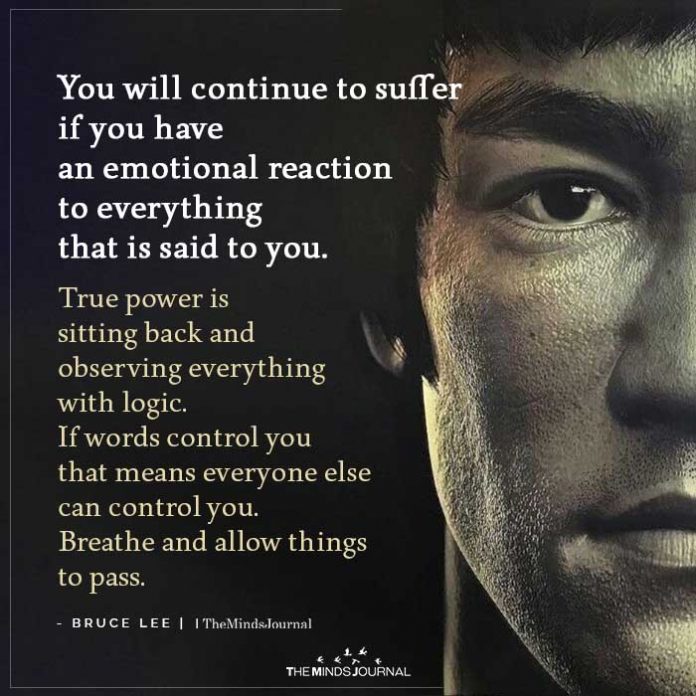
Individuals who lack or have low emotional intelligence are often unable to identify the emotions of others and are barely capable of recognizing their own emotions. This makes them incapable of connecting with others and building deep, meaningful relationships. Author and entrepreneur Kerry Goyette, LCSW writes in CNBC “The most emotionally intelligent people know that in addition to understanding their own emotions, it’s important to perceive the emotions of others and the way that their environment impacts those emotions.”
So how can you know if you have low emotional intelligence?
Signs of low emotional intelligence
“An individual’s level of emotional intelligence is often referred to as his or her emotional intelligence quotient, or EQ,” explains author and educational consultant Kendra Cherry, MS.
Here Are A Few Common Signs Of Low Emotional Intelligence That You Need To Look Out For:
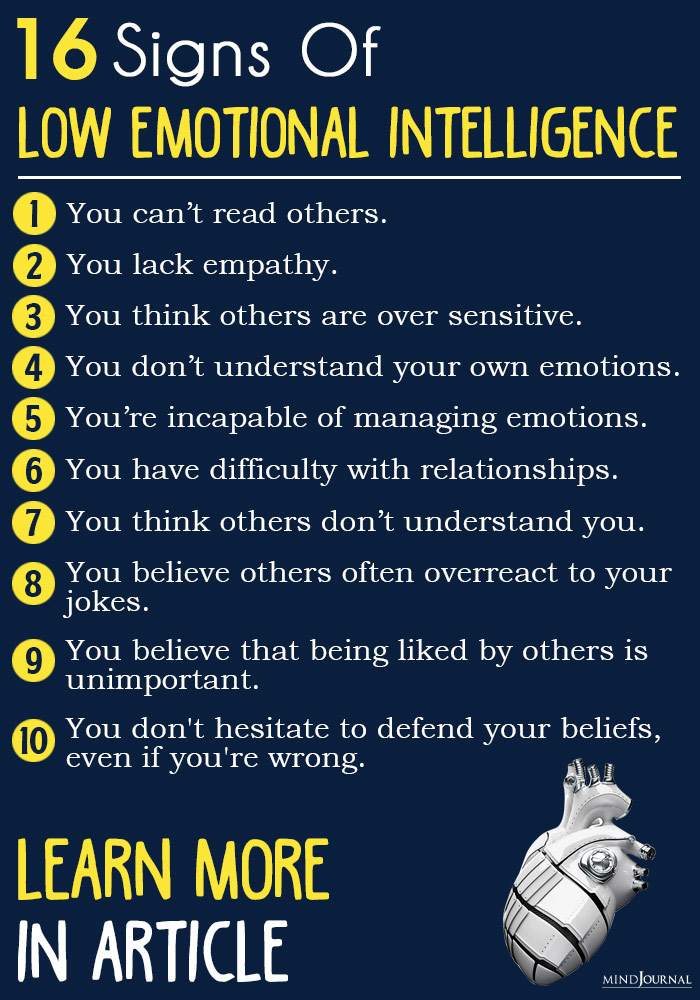
1. You can’t read others
Emotional intelligence enables us to recognize and understand the emotions of other people. It helps us realize when someone we love is upset, stressed or happy. When we are unable to read others’ emotions effectively, it can not only hamper our ability to connect with others, but also damage our existing relationships. “People who have weak emotional intelligence skills have a lack of awareness and are often completely oblivious to the feelings of other people,” adds Kendra.
Seth J. Gillihan, PhD, writes “Correctly reading others’ emotions makes it easier to respond effectively, like making amends with your partner who’s upset at you or saying a kind word to someone who’s feeling overwhelmed.”
2. You lack empathy
Empathy is our ability to sense and share feelings and experiences of other people. It depends on our ability to think or imagine what it feels like to be the other person. When we have low emotional intelligence, we tend to lack empathy. Seth adds “Maybe you know yourself that empathy isn’t your strong suit.”
People might even see you as a narcissist as you are incapable of showing empathy. Kendra adds that people with low emotional intelligence “do not get what others are feeling, so it is impossible for them to place themselves in another person’s shoes.”
Related: Empathy Is A Choice And We’re Choosing To Avoid It, Says Science
3. You think others are over sensitive
Insensitive behavior is one of the common traits of people who lack emotional intelligence. When you have low EQ, you might end up making jokes in tragic situations like a funeral and think that others are highly sensitive. This might make you seem insensitive to others. As people with low emotional quotient “have difficulty understanding the emotions of others, it’s no surprise that they are unable to interpret the emotional tone after such events” explains Kendra Cherry, MS.
4. You don’t understand your own emotions
Our emotions often drive our thoughts, behavior and actions. When you can’t recognize your own emotions, it can lead to unproductive actions and passive-aggressive behavior. “When you lack emotional intelligence, you’ll wonder why you or someone else feels the way they do,” writes psychologist Seth J. Gillihan, PhD. This makes it difficult for you to make sense of emotions in general.
Related: 12 Warning Signs Someone Is Emotionally Unstable
5. You’re incapable of managing emotions
Emotional intelligence is primarily about managing your own emotional state. It helps you determine when you need to calm down, when you need to express love and gratitude, and when you defend your emotions. “The ability to regulate emotions is one of the five critical components of emotional intelligence,” says Kendra.
When you have low emotional intelligence you will likely struggle with controlling your own emotions. Kendra adds that people with a low EQ often “have unexpected emotional outbursts that seem overblown and uncontrollable.” You might adversely react and lash out at someone without realizing what they are going through emotionally.
Seth J. Gillihan writes “If emotional intelligence isn’t your strength, you may be prone to losing your temper or not being able to recover when you get upset. Emotions that aren’t managed effectively will likely lead to problems in your relationships.”
6. You have difficulty with relationships
Low emotional intelligence can adversely affect your relationships significantly. Not only you will experience constant misunderstandings and conflict in your relationships, but you will also face problems with romantic attachments. Low EQ will lead to multiple breakups with romantic partners and friends. Moreover, your relationship with your family, coworkers and other social relationships might also be strained.
Kendra writes “Because low EQ people often come off as abrasive and unfeeling, they have difficulty maintaining friendships. Close friendships require a mutual give-and-take, sharing of emotions, compassion, and emotional support, all of which low EQ individuals struggle with.”
Related: 3 Tips For Men To Increase Their Emotional Intelligence in Relationships
Here are some other signs of low emotional intelligence as explained by author and entrepreneur Muriel Maignan Wilkins in Harvard Business Review article:
- You feel frustrated and impatient most of the time as you think others don’t understand you.
- You believe others often overreact to your jokes and comments and that is surprising to you.
- You believe that being liked by others is unimportant and overrated.
- You are always prompt with your beliefs & assumptions and you don’t hesitate to defend them strongly.
- You hold yourself to very high standards and expect the same from others as well.
- Your first instinct and initial response when something goes wrong is to blame others. You fail to take any responsibility for your own mistakes.
- You become irritated and frustrated when your friends and family expect you to understand how they feel.
- You often end up offending and hurting people and you don’t exactly understand why and how.
- Your emotions often prevent you working productively and looking for probable solutions.
- You are incapable of coping with situations that are emotionally driven.
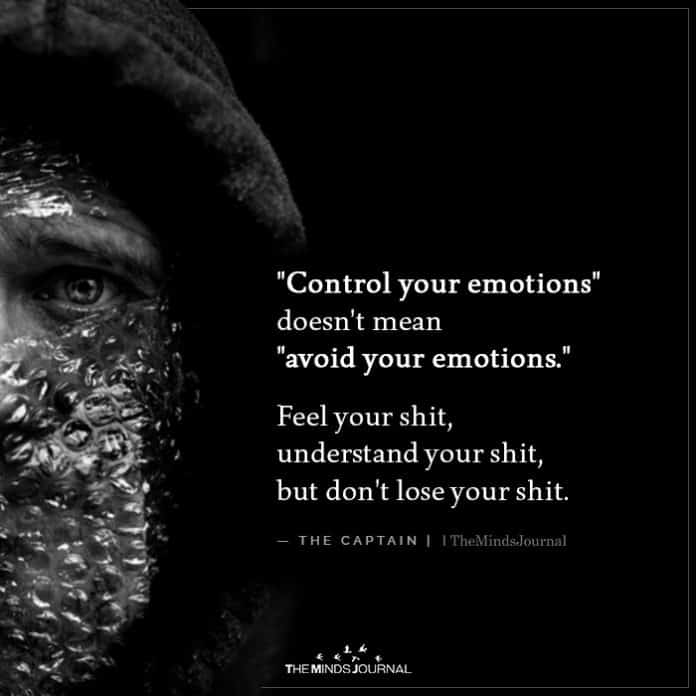
Strengthen Your Emotional Intelligence
Can you identify with some or all of these signs of low emotional intelligence? Or do you recognize someone with these traits? If you wish to improve your emotional quotient, then the first thing you need to do is be aware of your own emotional intelligence. By taking a close, honest look at yourself you will immediately show emotional maturity. This is the first step towards strengthening your emotional intelligence.
Author Kerry Goyette, LCSW concludes “Our emotional intelligence exists within an ecosystem. And in order to achieve growth, we need to understand the individual motivators and perspectives of the people around us, as well as how the environment we’re in affects us altogether.” With time, effort, discipline and commitment you will be better able to manage your own emotions and connect with others.
Related: 13 Signs You Have Emotionally Intelligent Friendships
Here is an interesting video that you may find helpful:
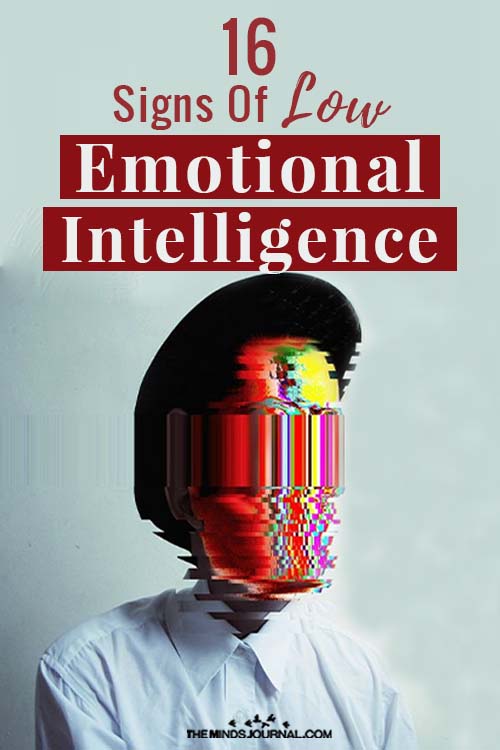
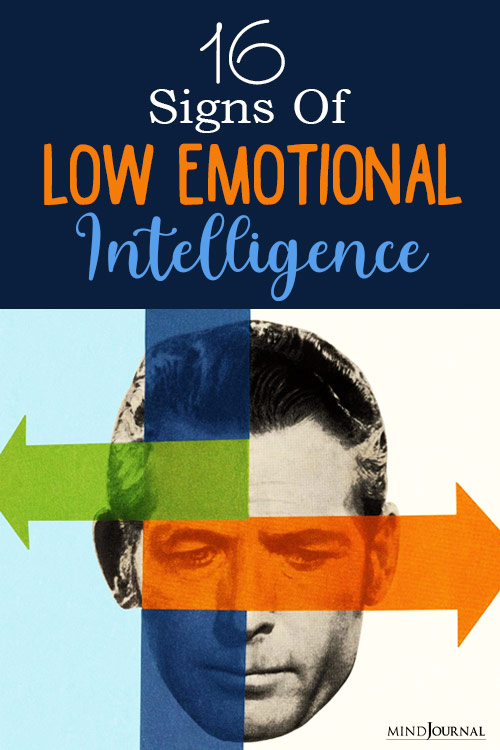
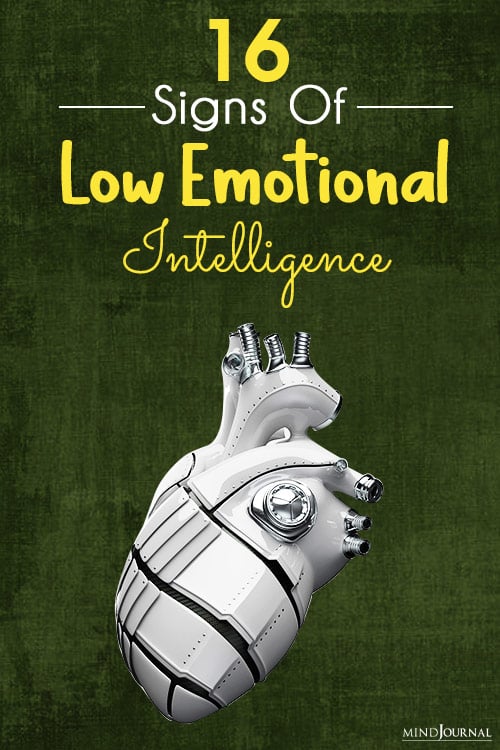
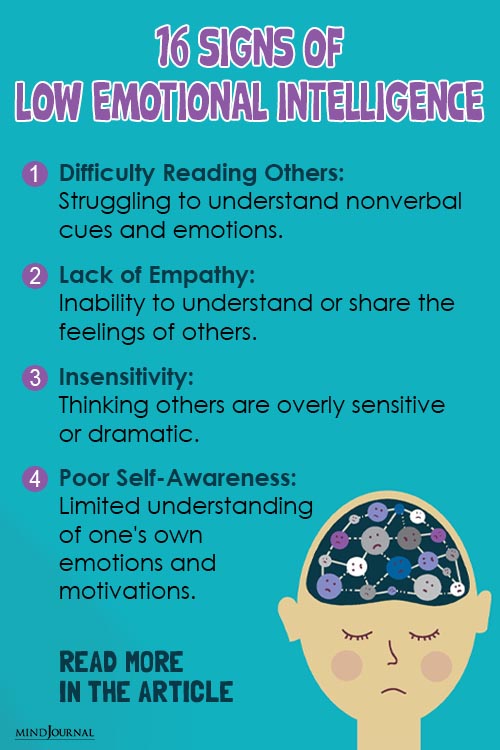

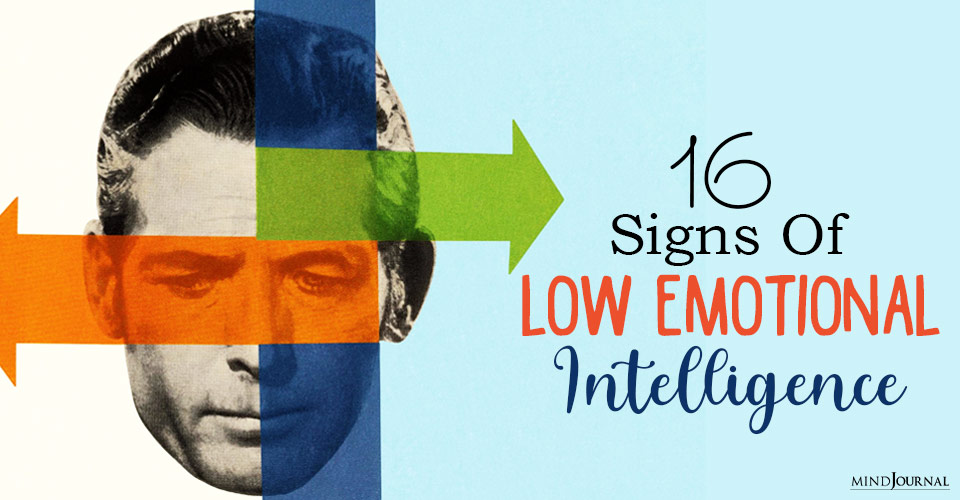


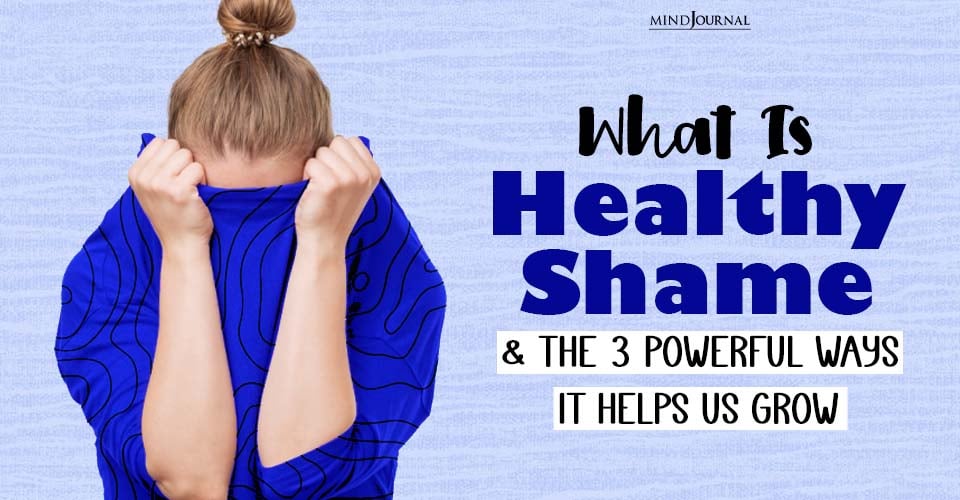
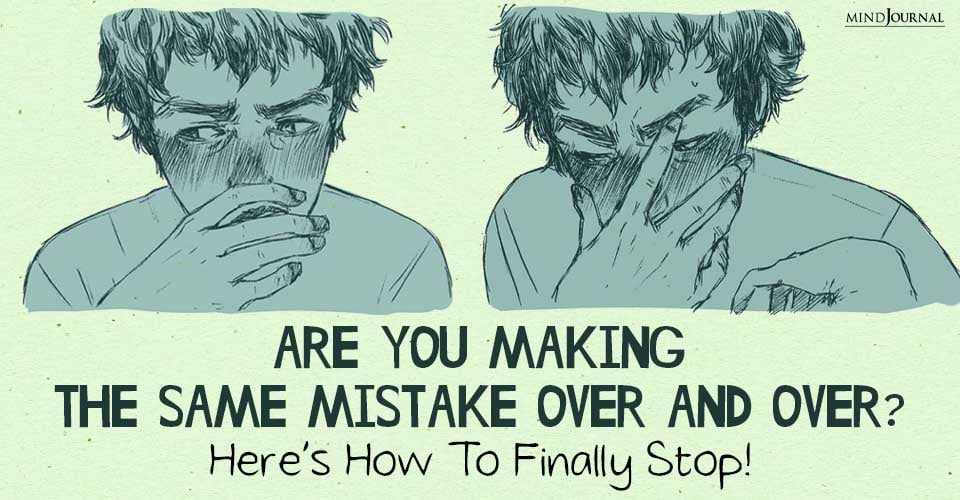



Leave a Reply